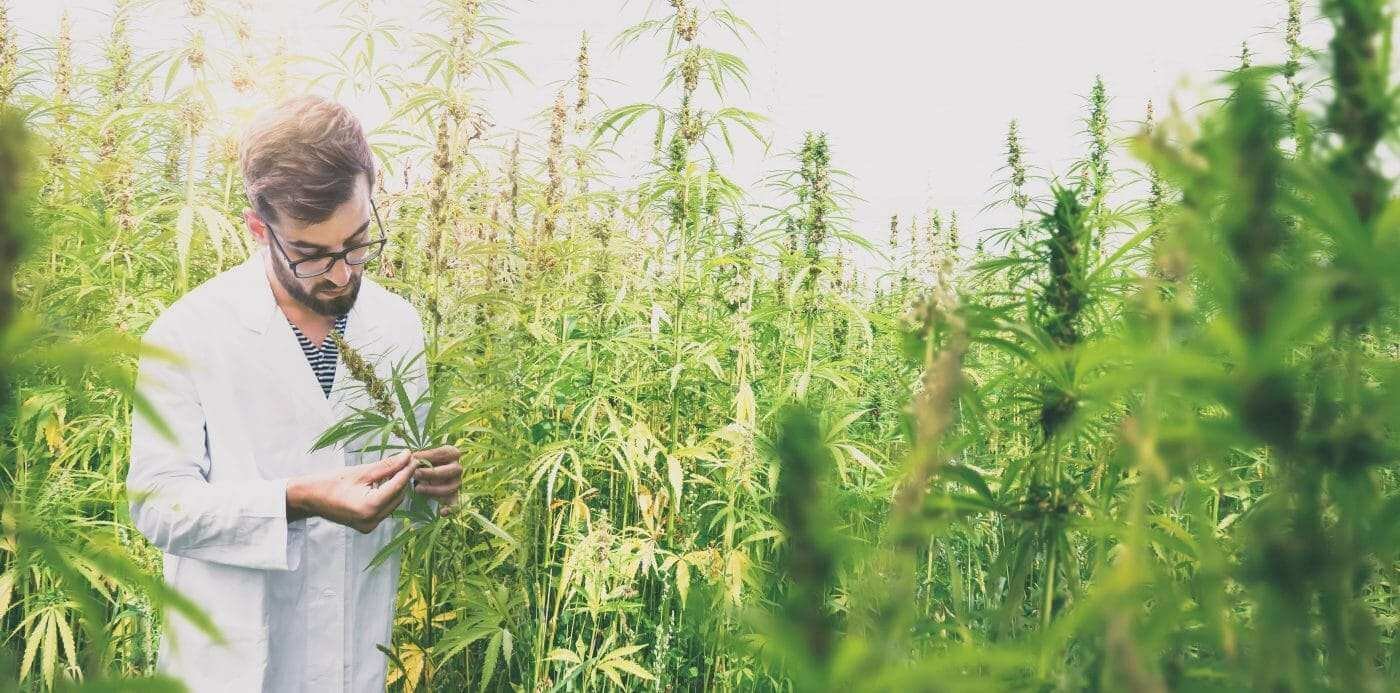A beginners guide to CBD, CBD Products
A Comprehensive Guide to Hemp and CBD Products
Hemp and cannabis are two varieties of the same species, Cannabis sativa. The key difference lies in their THC content. THC (tetrahydrocannabinol) is the psychoactive compound responsible for the “high” associated with marijuana.
Hemp:
- Contains 0.3% or less THC.
- Primarily cultivated for its fibers, used in textiles, paper, and other products.
- Also used for CBD extraction, a non-psychoactive compound with potential health benefits.
- Legal to cultivate and sell in many countries.
Cannabis (Marijuana):
- Contains more than 0.3% THC.
- Primarily cultivated for its psychoactive effects.
- Used for recreational and medicinal purposes.
- Legal status varies widely by country and region.
Important Note:
- The legal definitions of hemp and cannabis can vary by country and region.
- Both hemp and cannabis plants can contain CBD, but hemp-derived CBD is generally more readily available and less regulated.
Is hemp legal in the UK?

Hemp is legal in the UK, but its cultivation and use are subject to strict regulations. Here’s a breakdown:
- Hemp with low THC content: Hemp plants containing less than 0.2% THC (the psychoactive compound in cannabis) are legal to cultivate and use for various purposes, including:
- Food products: Hemp seeds, hemp oil, and other edible products derived from hemp are legal.
- CBD products: CBD (cannabidiol) derived from hemp is legal for therapeutic and wellness purposes.
- Hemp with higher THC content: Hemp plants containing more than 0.2% THC are considered cannabis and are illegal to cultivate and use without a license.
It’s important to note that while hemp is legal, there are specific regulations and licensing requirements for its cultivation.
Hemp and CBD are both derived from the Cannabis sativa plant, but they have distinct differences and benefits.
Hemp
- Source: Comes from the seeds of the hemp plant.
- Benefits: Rich in omega-3 and omega-6 fatty acids, vitamins, and minerals.
- Uses: Primarily used for nutrition and skincare.
- Legal Status: Widely legal in many countries.
CBD (Cannabidiol)
- Source: Extracted from the flowers, leaves, and stalks of the hemp plant.
- Benefits: Potential to alleviate anxiety, pain, inflammation, and other conditions.
- Uses: Used in various forms like oils, capsules, topicals, etc.
- Legal Status: Legal in many countries, but regulations vary.
Which is better, hemp or CBD?
It depends on your specific needs and goals. If you’re looking for nutritional benefits, hemp is a great choice. If you’re interested in the potential therapeutic effects of CBD, then CBD products might be more suitable.
Which is better for sleep, CBD or hemp oil?

CBD oil is generally considered better for sleep than hemp oil. Here’s why:
- CBD’s Effect on Sleep: CBD interacts with the body’s endocannabinoid system, which plays a role in regulating sleep patterns. Studies suggest that CBD may help reduce anxiety and promote relaxation, both of which can improve sleep quality.
- Hemp Oil’s Nutritional Benefits: Hemp oil is rich in omega-3 and omega-6 fatty acids, which are important for overall health but do not directly impact sleep in the same way as CBD.
Important Considerations:
- Quality and Dosage: The quality of the CBD product and the appropriate dosage are crucial factors. It’s best to consult with a healthcare professional to determine the right dosage for your individual needs.
- Individual Response: Everyone reacts differently to CBD. What works for one person may not work for another.
- Underlying Sleep Issues: If you have chronic sleep problems, it’s important to address any underlying medical conditions or lifestyle factors that may be contributing to your sleep difficulties.
Additional Tips for Better Sleep:
- Establish a Regular Sleep Schedule: Go to bed and wake up at the same time each day, even on weekends.
- Create a Relaxing Bedtime Routine: Engage in calming activities like reading or taking a warm bath before bed.
- Optimise Your Sleep Environment: Ensure your bedroom is dark, quiet, and cool.
- Limit Screen Time Before Bed: The blue light emitted by electronic devices can interfere with sleep.
- Manage Stress: Practice relaxation techniques like meditation or deep breathing.
- Watch Your Diet and Exercise: Avoid heavy meals and caffeine close to bedtime. Regular exercise can improve sleep quality, but avoid intense workouts late in the day.
Important Note:
- Always consult with a healthcare professional before using hemp or CBD products, especially if you have underlying health conditions or are taking medications.
- Choose reputable brands that provide third-party lab testing to ensure product quality and purity.


